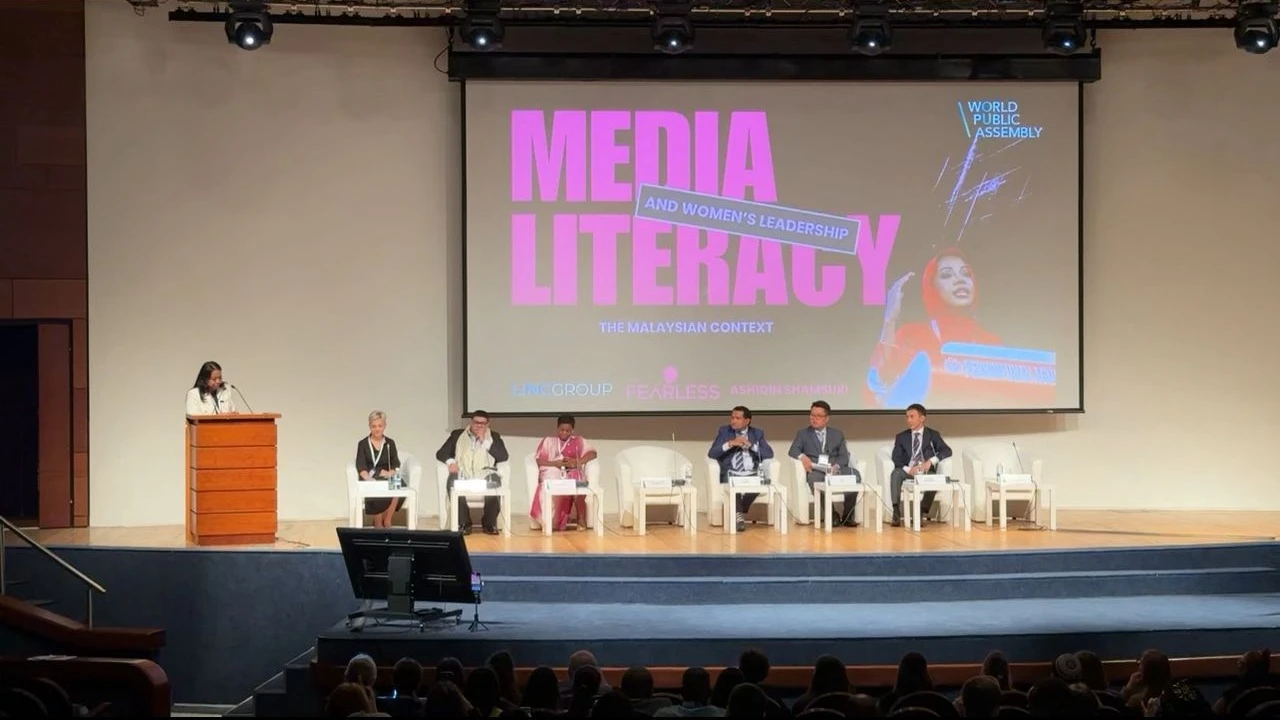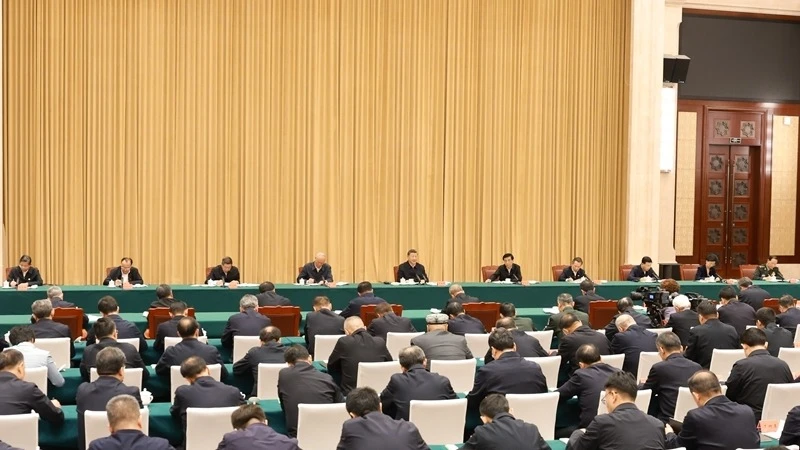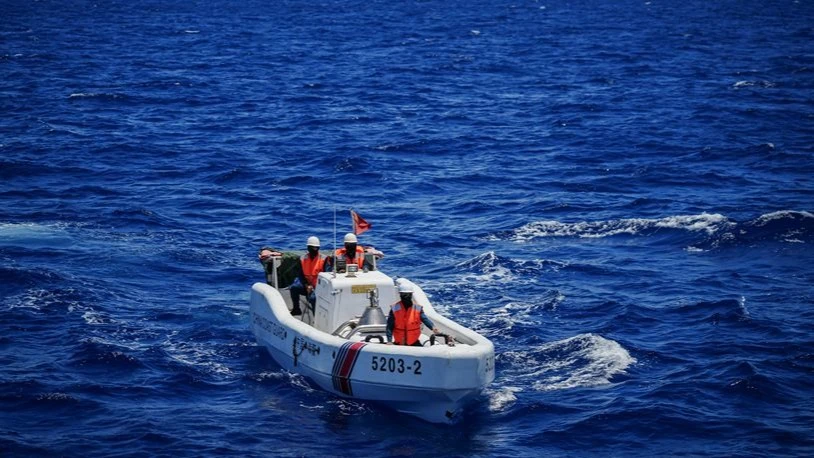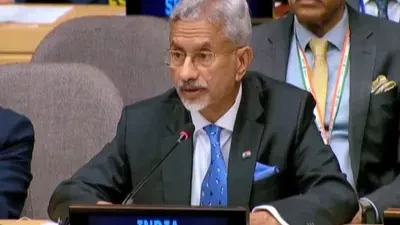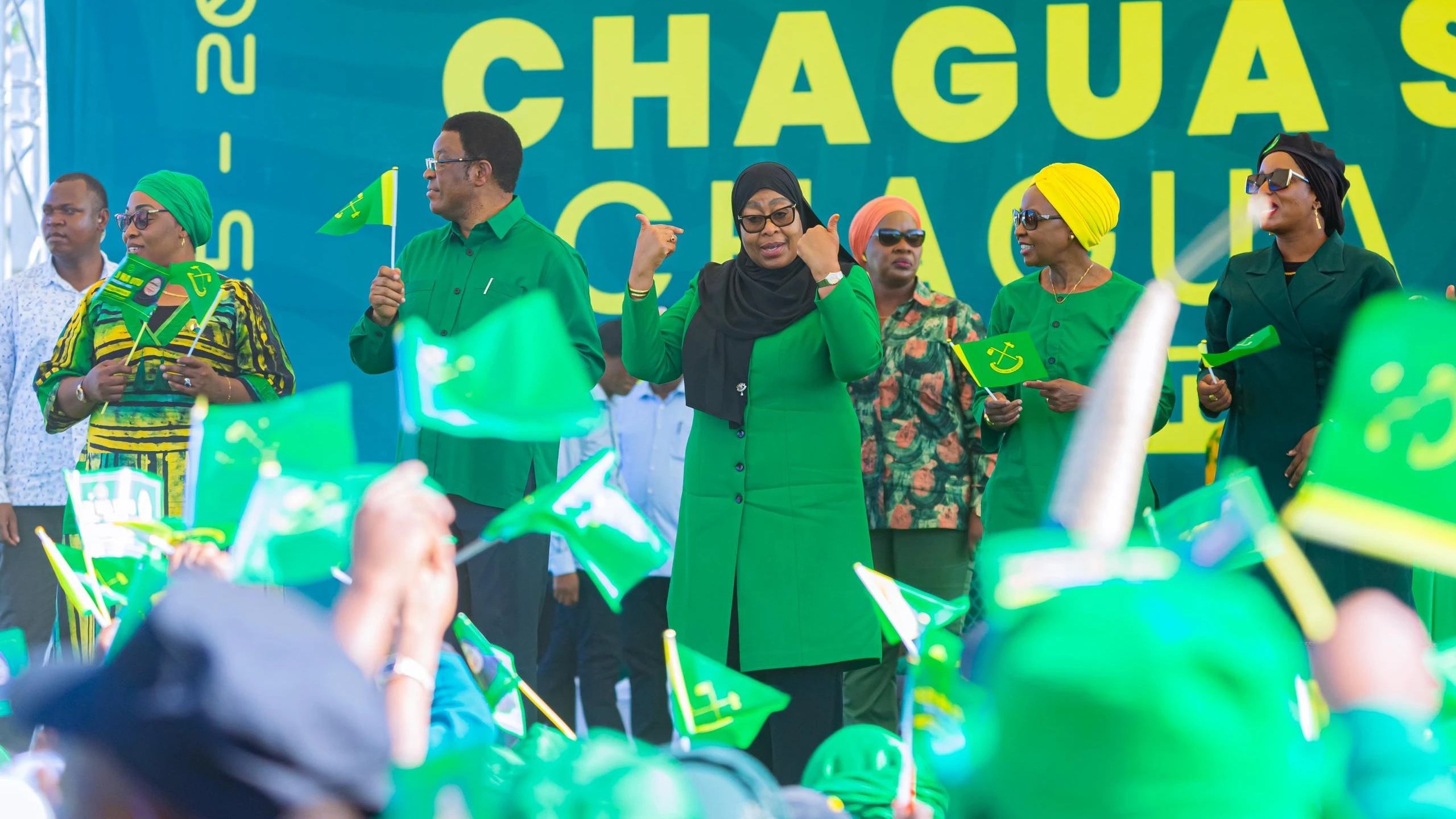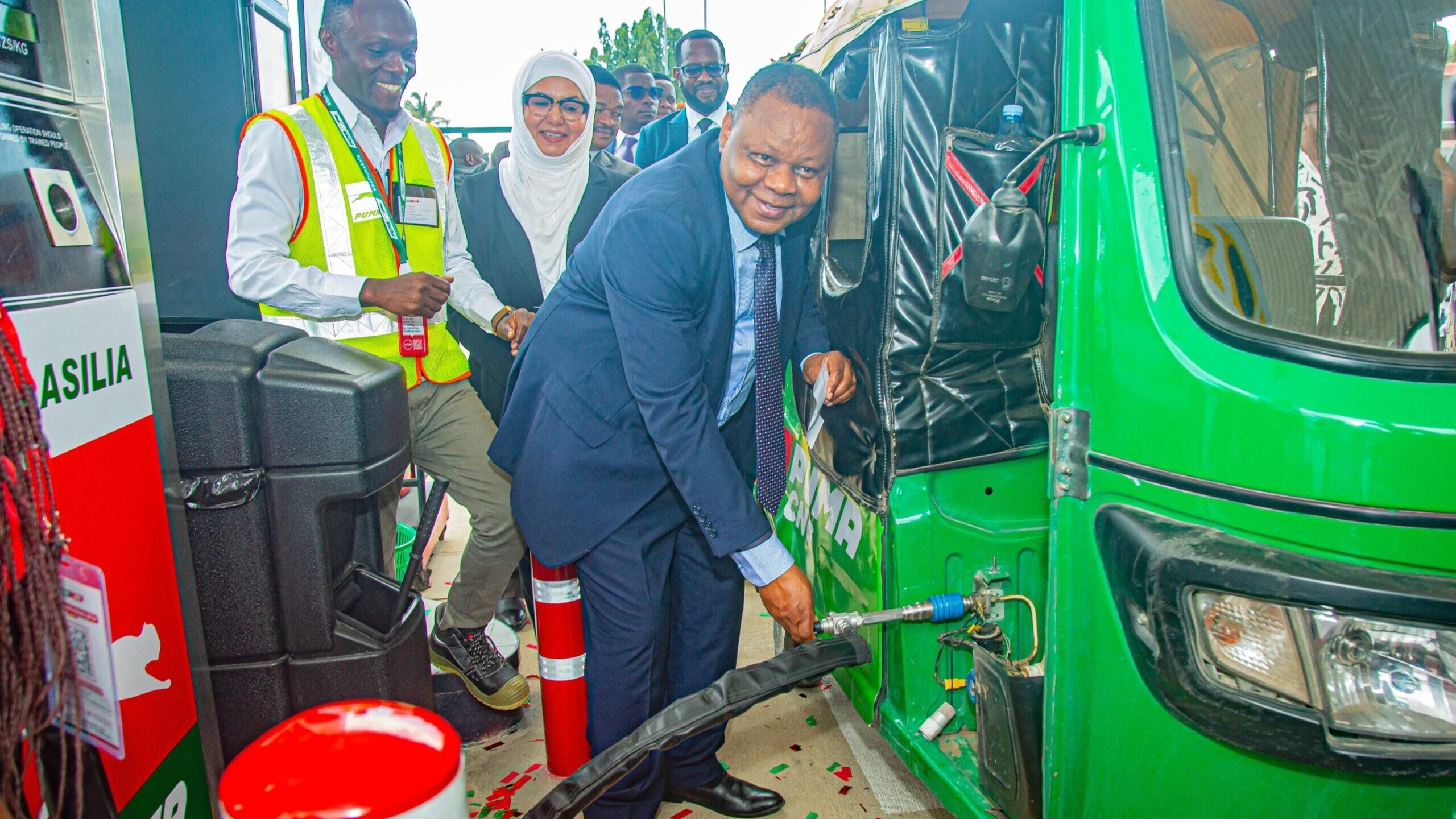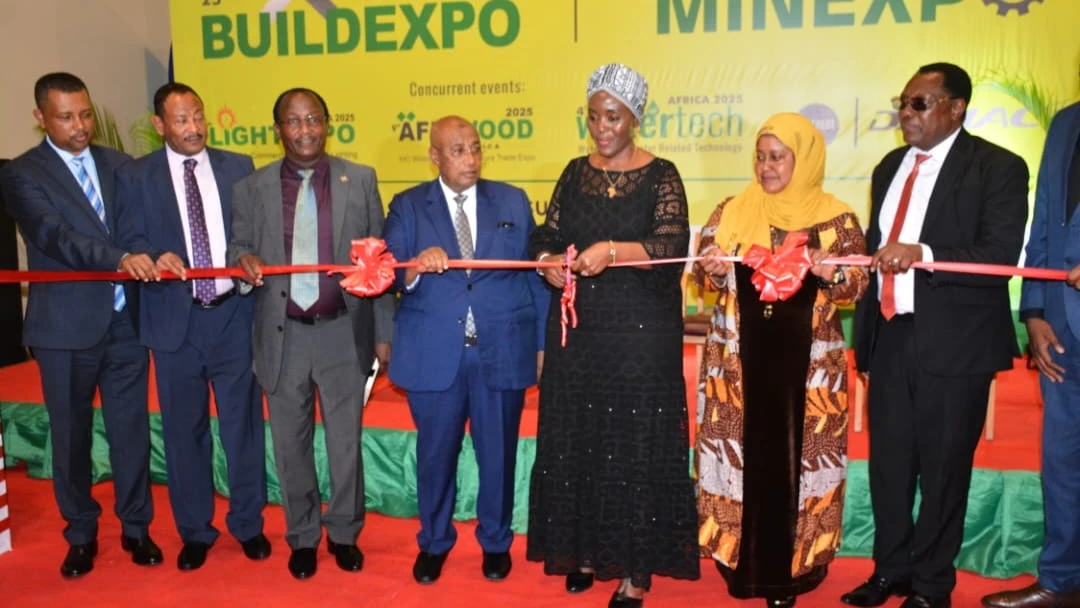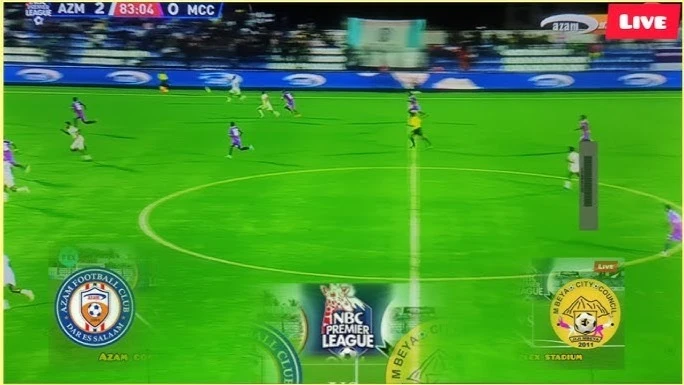Empowering Tanzania’s youth through financial literacy training
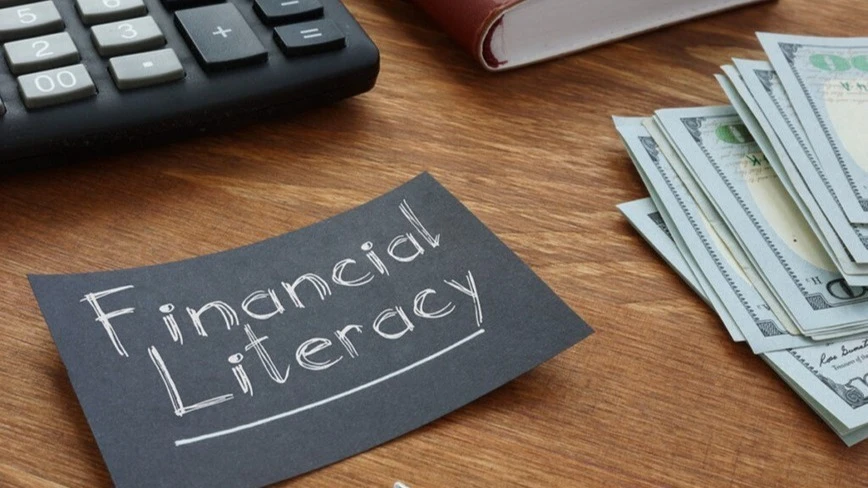
FINANCIAL literacy is the ability to understand and effectively use financial skills—ranging from budgeting and saving to investing and debt management.At its core, it equips individuals and organizations with the knowledge and behaviours needed to make informed decisions about money, ensuring that resources are managed wisely for both immediate needs and long-term goals.
The concept covers critical themes such as budgeting, saving, debt control, and investment planning. By mastering these, individuals are better able to achieve financial stability, reduce stress, and pursue sustainable development goals.
In simple terms, financial literacy is knowing how to earn, manage, and invest money effectively. This knowledge plays a decisive role in helping individuals make smart financial choices, especially those seeking to grow startups or entrepreneurial ventures.
The building blocks of financial literacy
Budgeting and saving are two of the most important foundations of financial literacy. Budgeting provides a plan for income and expenditure, ensuring that money is used purposefully rather than wasted. Saving, on the other hand, allows individuals to set aside a portion of their income for emergencies or future needs.
However, the scope of financial literacy goes beyond these two elements. Debt management, investment strategies, retirement planning, and even insurance are equally critical. They not only support personal development but also help communities build resilience. By spreading financial knowledge, individuals are empowered to make sound financial decisions and pass on this wisdom to others, multiplying its impact.
Without financial literacy, people are more likely to encounter poor outcomes such as over-indebtedness, mismanagement of income, or even exploitation through unfair financial practices. On the other hand, well-informed individuals and firms are better positioned to use money as a tool for growth and stability.
Like many countries, Tanzania has faced persistent challenges with financial literacy. Recent surveys show that a significant portion of the adult population lacks the skills and knowledge needed to make effective use of financial products and services. Contributing factors include low levels of formal education, limited outreach of financial literacy programs, and an absence of structured financial education for both school-aged children and adults.
While progress has been slow, the government has acknowledged the importance of addressing this gap. Through public-private partnerships (PPPs), efforts are being made to raise awareness and build capacity among communities. Financial institutions, civil society groups, and nonprofit organizations are increasingly stepping forward to fill the gap.
CGK-Africa’s role in closing the gap
One such organization is CGK Africa Ltd, a registered nonprofit based in Dar es Salaam. Its mission is to empower young people with financial literacy training, helping them make informed decisions and avoid the pitfalls of mismanagement.
CGK-Africa organizes regular training sessions where financial experts and motivational speakers educate young people about managing money, avoiding unnecessary expenditures, and building sustainable startups. This is especially relevant in Tanzania, where employment opportunities remain unreliable, forcing many youths to explore entrepreneurship as an alternative pathway.
During these sessions, speakers cover essential topics such as budgeting, credit building, debt repayment, savings, and investments. They emphasize that financial literacy is not just about theory but about developing real-world skills that can be applied in everyday life.
The organization’s motto—“Building a budget forces a person to take control of spending habits”—reflects this philosophy. Proper budgeting not only improves personal discipline but also builds credibility with financial institutions. Banks and lenders are far more likely to approve credit applications for individuals or businesses with strong financial habits.
Leadership behind the vision
Naomi Nana Mattary, CEO and Co-founder of CGK Africa, shared with The Guardian her passion for empowering youth. “Our organization has championed community development with a steadfast commitment to empowering Tanzanian youth. So far, about 3,500 young people have benefited directly from our training programs and workshops,” she said.
“Our goal is to provide quality education that builds young people’s mindsets, preparing them either for employment or for self-employment. By 2030, we want to contribute to a generation of skilled workers and entrepreneurs who drive Tanzania’s development,” she added.
Naomi explained that the organization hosts training sessions quarterly, focusing on professional growth, leadership, and entrepreneurship. These workshops equip young people with practical skills and hands-on experiences, enabling them to transform innovative ideas into viable businesses.
She highlighted that many of the youths trained are already startup founders scaling their innovations. By providing them with financial literacy skills, CGK-Africa ensures they can sustain and grow their ventures, thereby creating jobs and supporting national development.
Alignment with national programmes
CGK-Africa’s efforts are aligned with the National Financial Literacy Program (NFLP), launched in August 2023 by the Bank of Tanzania (BoT). The program was introduced following the findings of the 2014 Financial Capability Baseline Survey, which revealed that only about 40 percent of Tanzania’s adult population had adequate financial knowledge and skills.
The BoT has since recognized the urgent need to raise financial literacy levels to support economic inclusion. In March 2024, the BoT, through the National Council for Financial Inclusion (NCFI), issued guidelines to standardize financial literacy training in higher learning institutions. These guidelines are meant to ensure consistency and quality in the delivery of programs, equipping students with the ability to make sound financial decisions.
CGK-Africa is working hand in hand with such initiatives, acting as a private sector partner that complements government efforts. By focusing on youth aged 16 to 30, the organization targets a demographic that is both vulnerable to financial mismanagement and crucial to Tanzania’s economic future.
Challenges and opportunities
Despite the success of its programs, CGK-Africa faces challenges, particularly in securing funding to support startups and expand its training reach. Many young entrepreneurs in Tanzania struggle to access capital, limiting their ability to put their financial knowledge into practice.
This is why the government’s announcement to allocate 200bn/- for startup development was welcomed with enthusiasm. The fund is expected to provide entrepreneurs with access to capital and essential resources for growth.
President Samia Suluhu Hassan, while launching her campaign earlier this month in Dar es Salaam, pledged that this initiative would be implemented within 100 days if she is re-elected.
CGK-Africa members expressed appreciation for this commitment, noting that access to capital will complement the skills they gain through financial literacy training. With both knowledge and financial support, Tanzanian youth will be better positioned to create jobs, reduce unemployment, and stimulate innovation.
Looking ahead
Financial literacy is not a luxury—it is a necessity for economic resilience and inclusive growth. For Tanzanian youth, it represents a pathway out of poverty, unemployment, and dependence. Organizations like CGK-Africa are proving that when young people are equipped with knowledge and practical skills, they can transform their lives and contribute to national development.
Through quarterly training programs, partnerships with government initiatives, and a focus on hands-on learning, CGK-Africa is helping build a financially literate generation ready to tackle the challenges of the future. The journey is not without obstacles, but with continued support from both the public and private sectors, Tanzania can nurture a generation of financially responsible and entrepreneurial youth.
In the long run, financial literacy will not only improve personal well-being but also strengthen the country’s economic foundation. As Naomi Mattary and her team continue to champion this cause, their work stands as a reminder that empowering youth with financial knowledge is one of the most sustainable investments a society can make.
Top Headlines
© 2025 IPPMEDIA.COM. ALL RIGHTS RESERVED











